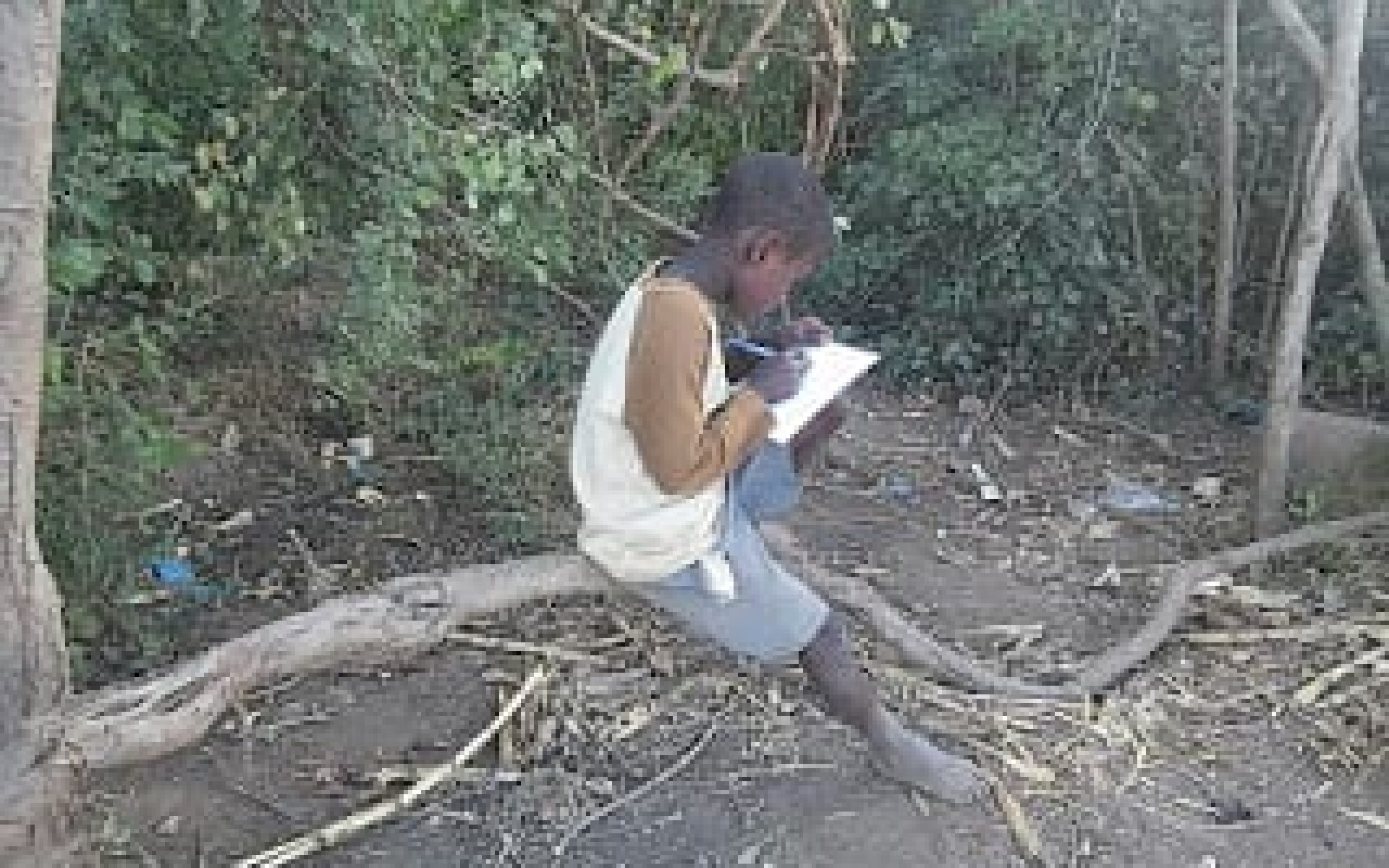Written by CorpsAfrica/Malawi Volunteer Mr. Limbani Kumanga
Me: Uli ndi zaka zingati ndipo uli standard chani? (How old are you and what grade are you?)
Him: Ndili ndi zaka 14 ndipo ndili mu standard 5. (I am aged 14 and I am in grade 5)
Me: Umatha kuwerenga? (Can you read?)
Him: Chichewa ndimatha koma Chingerezi ndimayesela. (I can read Chichewa but I struggle with English)
Take yourself several years back. Try to recall how you learned how to read and write while attending congested and underfunded public primary schools. If you are a Malawian, you are aware that learning how to read and write was a multilevel struggle. If Chichewa was not your mother tongue, the battle to acquire literacy skills started with learning how to understand and speak Chichewa. Having grasped a good oral command of Chichewa, you knew that your journey to literacy had more miles ahead of it. You had to learn how to read and write Chichewa and then transition to English. Learning to write and read was a struggle that demanded patience, composure, commitment and determinism.
But if there is one aspect that I want you to reflect on, it is the role that your folks at home played in your quest to acquire literacy skills. If you went to government primary schools you will admit that you learned how to read and write from home and not at school. It is the intervention of your parents, siblings, and guardians that enabled you to acquire the ability to read and write – mostly by the time you were 9 years old and in grade 4. For some of you, your folks had to do it themselves while for others they took you to part time classes. Fine.
Now try to think of what would have become of you if your folks didn’t care or had no ability to read and write. Imagine that your parents were illiterate and therefore evaded discussing or participating in your academic growth. Imagine that your parents had zero interest in your academics for whatever reason. Imagine that your only chance to become literate rested in paying attention in a crammed class, with a 80:1 student to teacher ratio. What would have happened?
Such is a scenario that faces most children in Likoswe village. Here, most adults are illiterate and therefore are incapable of providing academic assistance to their children. Even for literate parents, most of them hardly take an active role in assisting their children. To them, it is the responsibility of teachers at the nearby Malavi primary school to inculcate their children with academics. However, at Malavi primary school, the conditions are no better than the familiar classic conditions in Malawian rural public schools. In most classes, especially in formative grades such as grade 1-5, a single teacher is pitied against a large number of students, which makes it impossible to give proper attention to specific academic problems that individual students face. As a result, children here progress slowly with their academics. With children struggling to learn how to read and write, repetition rate is high, which builds frustration and thereby contributes to high dropout. It is not uncommon to find 14-year-old children in grades 4-6. For most of us, we turned 14 in Form 1.
With assistance from Lloyd Bamusi, a youthful Likoswe village resident, I have introduced a program that seeks to help struggling students in Likoswe village to attain literacy skills. In addition to literacy skills, we are also helping with numerical skills. Participants in this program meet every afternoon during week days for one on one assistance and sort of part time classes. In essence, we thought this is our way of contributing to and augmenting the ongoing National Reading Program, which seeks to improve learning achievement of students in primary schools. When we started in October, we hoped that some residents would join us in helping these students but given that we do this free of charge, the people that we expected join shunned us. No compassion for thy community. Anyway, Lloyd and I are undeterred by this. Currently, 37 students have registered in this program and even though attendance fluctuates, the outcome so far seems promising.
In addition to fluctuating attendance and negligence from potential tutors, other problems that we have been encountering are lack of material resources, lack a conducive learning environment, and lack of support from community leaders and parents. But when you face this kinds of problems, flexibility and improvisation bring a palliative effect. Maybe things will improve as time goes by. Maybe one day one kid will testify that our effort improved her writing and reading skills. That’s what matters.
Regardless, Lloyd and I will keep on marching. One day, history will absolve us!

